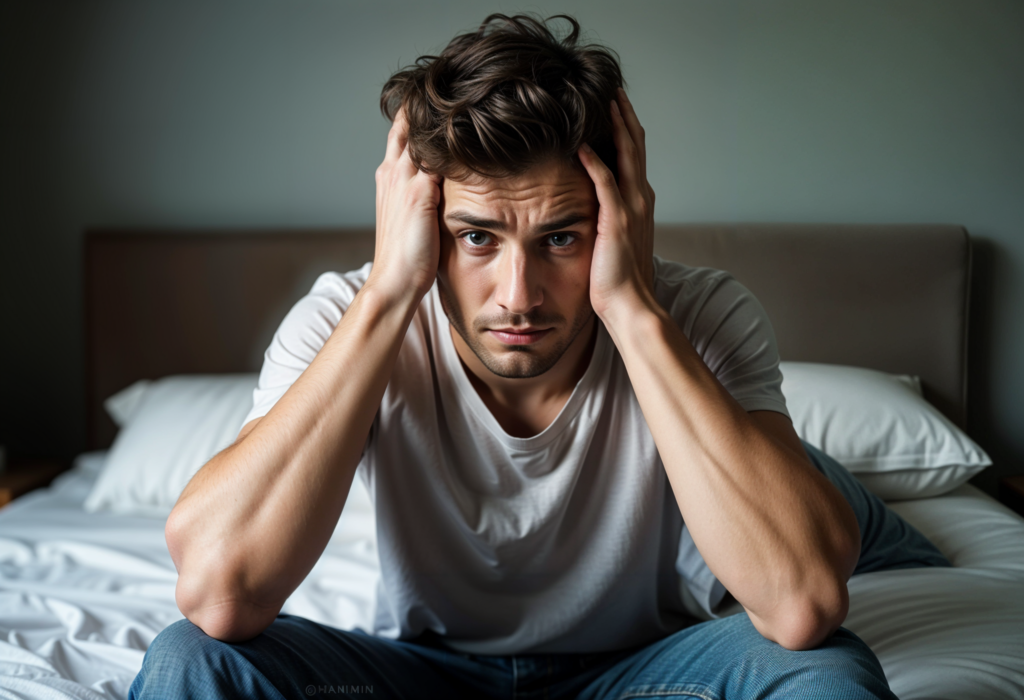Can Stress and Anxiety Cause ED? Understanding the Causes, Effects, and Solutions

Can Stress and Anxiety Cause ED? Understanding the Causes, Effects, and Solutions Erectile dysfunction is a common ailment many men face at some point during their lives. Even though ED is predominantly caused by physical reasons, including poor circulation, diabetes, or aging, stress and anxiety are also very significant psychological causes. So for those asking […]
